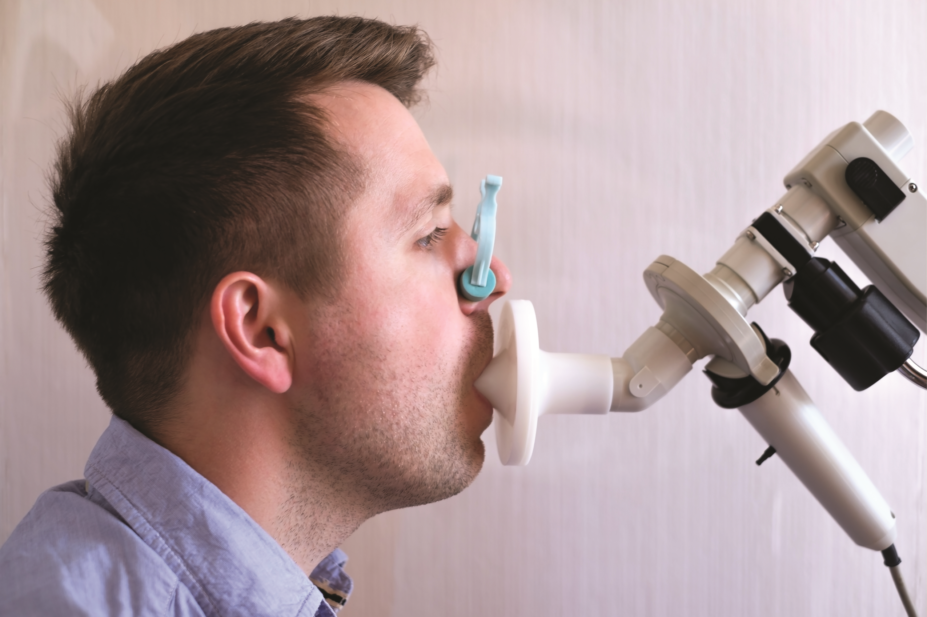
Shutterstock.com
New ways to diagnose and manage asthma can improve care, according to new guidance from the National Institute for Health and Clinical Excellence (NICE).
NICE is recommending new ‘objective tests’ be introduced which include spirometry and fractional exhaled nitric oxide (FeNO), to help confirm a diagnosis of asthma.
Spirometry tests assess how well someone’s lungs work by measuring how much air they inhale and exhale, and how quickly.
FeNO tests measure the levels of nitric oxide in the breath. Increased levels are thought to be related to lung inflammation and asthma.
According to NICE these tests can provide a more accurate diagnosis and therefore more effective treatment, and they will also help tackle inappropriate diagnosis and ensure that after diagnosis, the person is monitored to ensure their symptoms still indicate asthma.
Professor Mark Baker, director of the centre for guidelines at NICE, said: “We are recommending objective testing with spirometry and FeNO for most people with suspected asthma; a significant enhancement to current practice, which will take the NHS some time to implement, with additional infrastructure and training needed in primary care.
“New models of care, being developed locally, could offer the opportunity to implement these recommendations. This may involve establishing diagnostic hubs to make testing efficient and affordable.”
“The investment and training required to implement the new guidance will take time. In the meantime, primary care services should implement what they can of the new guidelines, using currently available approaches to diagnosis until the infrastructure for objective testing is in place.”
The NICE guidance also recommends that people with poorly controlled asthma are given a leukotriene receptor antagonist (LTRA) tablet when preventer inhalers are no longer helping them gain good control of their symptoms, before more expensive treatments are considered.
Asthma UK estimates that around 4.5m people in England are receiving treatment for asthma.


